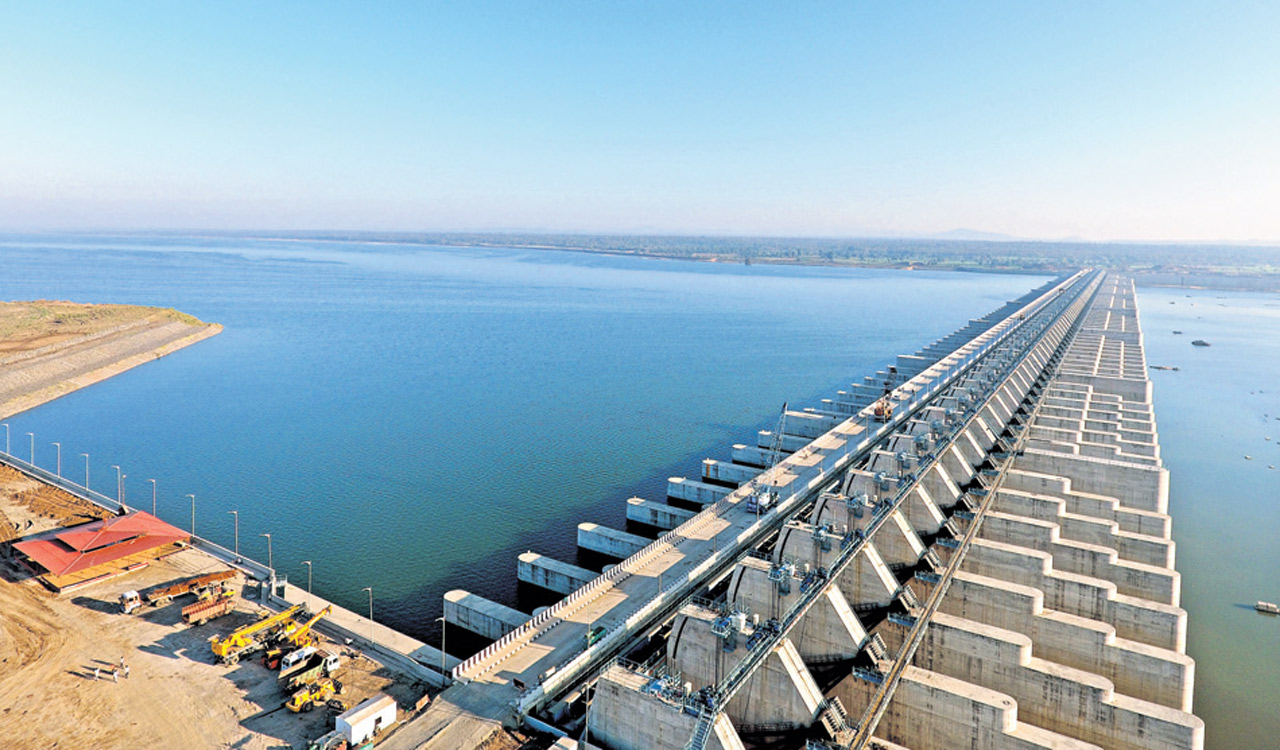Lockdown diaries: Startups developed newer business models to sustain
While a few sectors like logistics, on-demand platforms did see a negative impact, startup founders and experts believe the agility of entrepreneurs helped them sail through the pandemic with ease

Hyderabad: Even though the lockdown led to a lot of uncertainty among startups, most were able to overcome the uncertainty and develop newer business models. While a few sectors like logistics, on-demand platforms did see a negative impact, startup founders and experts believe the agility of entrepreneurs helped them sail through the pandemic with ease.
“In a few days entrepreneurs realised that not doing anything about their business is not going to sustain for a long time. So many started rethinking and reworking on their business models and few others used the time to develop financial discipline and planning for the future. While a few other startups also realised that their customer base has changed due to the pandemic, so they aligned themselves accordingly,” said Deepthi Ravula, CEO, WE Hub.
Meanwhile, startups working in the online space like edtech, fintech and others had newer options opening up. “The lockdown opened up new avenues for online content delivery platforms and in the new normal people got acclimatised to online classes and that has helped startups who are in the edtech space launch content online,” said Sri Charan Lakkaraju, founder, Stumagz.
Another startup founder, Kahaniya CEO Pallav Bajjuri said the startups in entertainment, education, healthcare industries found a lot of new customers, investors, and business. “Most startups are continuing to thrive because of the behavioural shift that the lockdowns and work-from-home polices have brought about in people. Behaviours, which would have taken about a decade to change/establish were changed within months,” he added.
SMEs limping back to business
The medium and small industries segment is limping back to business but it will take at least two or more years to recuperate from the losses suffered last year and start a fresh business cycle, said industry experts.
Even as it is one year that the Covid related lockdown was implemented, many industries are yet to bring the production to the previous levels. Lack of funding support, shortage of manpower and difficulty in managing the logistics are challenges for the sector, according to K Koteswara Rao, Convener, All India Forum for Small and Medium Enterprises.
The SMEs should first work to make even the losses they suffered last year, then get the business back to previous levels and look to grow. “This will take at least three years to come to this phase,” he said.
K Sudhir Reddy, president, Telangana Industrialists Federation, said TS government was proactive in infusing confidence among the migrant labour. “The government offered cash and ration support and even paid for their train expenses. This instilled confidence in the migrant labour to come back and resume work here,” he said.
The SMEs continue to depend on the manual labour for upping their production. Digitisation and automation are still a far cry for these, he said. Also, TS Government has waived property tax for the covid period. This is a big relief for them. “The banks should increase the lending to the SMEs and aid them in their recovery,” he said.
Internet adoption grows multifold
While internet adoption has been growing year-on-year, with Covid it has grown multi-fold. Telangana being a trendsetter in the country in digital initiatives has used digital technologies for as basic as education and e-governance to as advanced as blockchain, internet of things and artificial intelligence, disrupting several sectors and creating new use cases.
With professionals shifting to work from home, education moving online, transactions becoming digital, telemedicine spreading to tier-3 cities and rural regions, and OTT platforms becoming the major source for infotainment, internet has become universal and helped people maintain status quo in the new normal.
Seeing the kind of test bed Hyderabad has become for technology and internet in the country, Bharti Airtel chose the city to demonstrate and orchestrate live fifth-generation (5G) service on existing 5G-ready smartphones with existing applications, over a commercial network, said, Avneet Singh Puri, CEO, Telangana and Andhra Pradesh, Bharti Airtel.
Latest TRAI data shows Airtel added more than 5.89 million wireless subscribers in January, whereas the Jio added over 1.95 million new wireless subscribers. Jio, however, continues to lead the sector with the largest wireless subscriber base in the country. With the competition increasing in the sector, data speed, affordability and internet penetration has only increased in the last one year.
The online grocery, foodtech, edtech and ehealth sectors are expected to witness a quantum jump in consumer spending. And this growth trend is set to stay, said experts.
Now you can get handpicked stories from Telangana Today on Telegram everyday. Click the link to subscribe.
Click to follow Telangana Today Facebook page and Twitter .
Related News
-
Puligundala eco-tourism project in Khammam set to open for nature lovers
47 seconds ago -
Rajnath Singh calls for global unity at MILAN 2026 naval exercise
21 mins ago -
Congress high command reviews Telangana government’s performance
23 mins ago -
BITS Pilani announces tuition-blind admissions for top 500 BITSAT rankers
35 mins ago -
Supreme Court to begin final hearing on anti-CAA pleas from May 5
37 mins ago -
BRS slams Congress for making mockery of Constitution
39 mins ago -
Fear in Rajanna Sircilla as leopards, tiger spotted near villages
45 mins ago -
UAE rulers pardon 4,700 prisoners to mark holy month of Ramzan
50 mins ago




